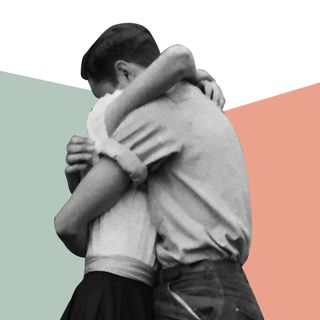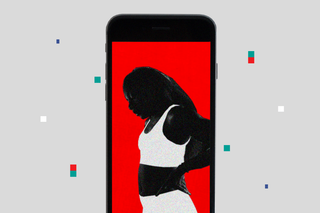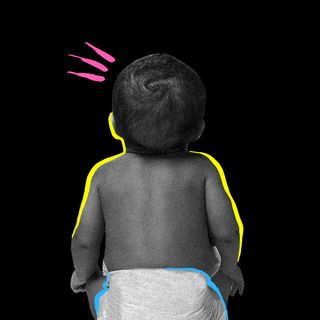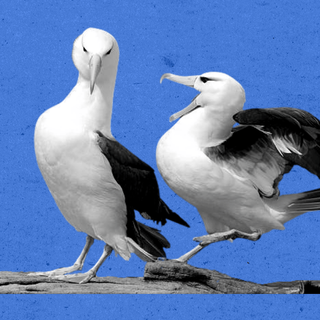
Women Athletes Faced ‘Disturbing Level’ of Online Abuse During Tokyo Olympics: Survey
Research shows 87% of social media vitriol was targeted towards women, adding an additional barrier to their careers.

In 2017, cricketer Mithali Raj faced abuse that has grown increasingly familiar for female sportspersons. She was trolled for dressing “inappropriately”; the “explosive” dress became one of the many markers of how women are sexualized in sports. Many women who achieve visibility in sports, a male-dominated domain, face intimidating harassment and abuse online. Such was the trend at Tokyo Olympics too, according to a new survey.
Out of all the hate circulating about the Olympics, 87% of it was targeted towards women. Published by World Athletics, the analysis is based on 161 Twitter handles of current and former athletes (male and female). The literature involves more than 240,000 posts, 23,500 images, videos, and GIFs.
The language followed a pattern. Most hate comments stemmed from overt sexism; criticizing athletes and berating their skill-set. Other discriminatory comments expressed racist and transphobic sentiments as well. There was homophobia, ableism, sexualization, doping allegations — a veritable deluge of vitriol. Anything and everything to push the credibility of the athlete from the pedestal.
“This research is disturbing in so many ways,” World Athletics President Sebastian Coe said in a statement. The Tokyo Olympics also recorded an unprecedented number of LGBTI athletes, a milestone for representation and inclusivity.
This is not the first instance of female athletes facing overwhelming hate for… merely participating or winning. In 2019, again a study found that social media abuse targets female athletes three times more than men. Researchers looked at more than 1,300 comments on broadcasters’ pages over a year on Facebook (now Meta). 23% of the negative comments were sexist and 20% derided their abilities; statements like“stick to netball” and “women should be in the kitchen” flooded the comments.
Further, a 2020 survey found almost a third of female British athletes experiencing vitriol on social media. The hate also inches towards harassment in some cases. A May report noted female athletes are increasingly receiving unsolicited pictures of male genitalia on social media — on an almost daily basis.
“There are groups … who feel like powerful women threaten their place in the world,” Professor Holly Thorpe from the University of Waikato, who took part in the May report, said. “They use social media to police and regulate women in sport. It’s trying to put them back in their place, their gendered place.”
Related on The Swaddle:
New Report Outlines Scale of Homophobia, Transphobia in Sport
Within India, the problem is more nuanced. In addition to sexism and homophobia, caste plays a critical role in determining attitudes. In August, hockey player Vandana Kataria faced overwhelming casteist abuse, in real life and online, after the women team’s defeat in the Olympic semi-finals. For athletes from a marginalized community, “the nation effectively disowns certain players and blames their background, indicating through implications that they are not ‘true’ Indians and therefore cannot represent the country, Rohitha Naraharisetty commented in The Swaddle.
A BBC survey last year, which spanned across 14 Indian states and gathered 10,181 responses, found negative perceptions about sportswomen relating to their appearance and childbearing ability.
Notably, athletes face anxiety, burnout, stress — in addition to the physical obstacles and body image. In May this year, 80% of elite female athletes report social media being the number one source of pressure for them to conform to traditional ideas around feminine body image, according to research from WHISPA – a women’s health in sports group in New Zealand.
“A lot of athletes aren’t calling it out, they’re just trying to deal with it … [but] it takes a significant toll,” Thorpe says. And female athletes may often stay quiet about abusive comments due to the “emotional labor” involved in shuffling through family life, commitments, and competitive stress.
The problem clearly is not new. The new findings only direct attention towards the measures, or the lack thereof, to address online abuse. “In a world where we share so much of our lives online, this [hate speech regulations] must apply to the virtual, as well as the physical world,” Coe said.
Plus the ire, directly and indirectly, questions their credibility. The online domain becomes another platform for women athletes to fight for ownership, which threatens to be undone by trolling and misogyny. The BBC survey found 50% of those interviewed could not name even one sportswoman. This becomes a deliberate erasure of athletes’ achievements in real life.
It also disrupts the cycle of inspiration. “…what strikes me the most,” Coe said, “is that the abuse is targeted at individuals who are celebrating and sharing their performances and talent as a way to inspire and motivate people.”
For women in sports, the challenge turns into a vicious cycle where the hate comments online defeat the purpose of equitable representation.
As Thorpe commented: “No wonder our athletes are getting tired and burnt out. They are doing a double shift. They are doing the physical labor [in sport] then doing the digital labor, and that’s very much part of being an athlete today.”
Saumya Kalia is an Associate Editor at The Swaddle. Her journalism and writing explore issues of social justice, digital sub-cultures, media ecosystem, literature, and memory as they cut across socio-cultural periods. You can reach her at @Saumya_Kalia.
Related


Baby Scent May Influence ‘Aggressiveness’ in Women, Men, Suggests Research
